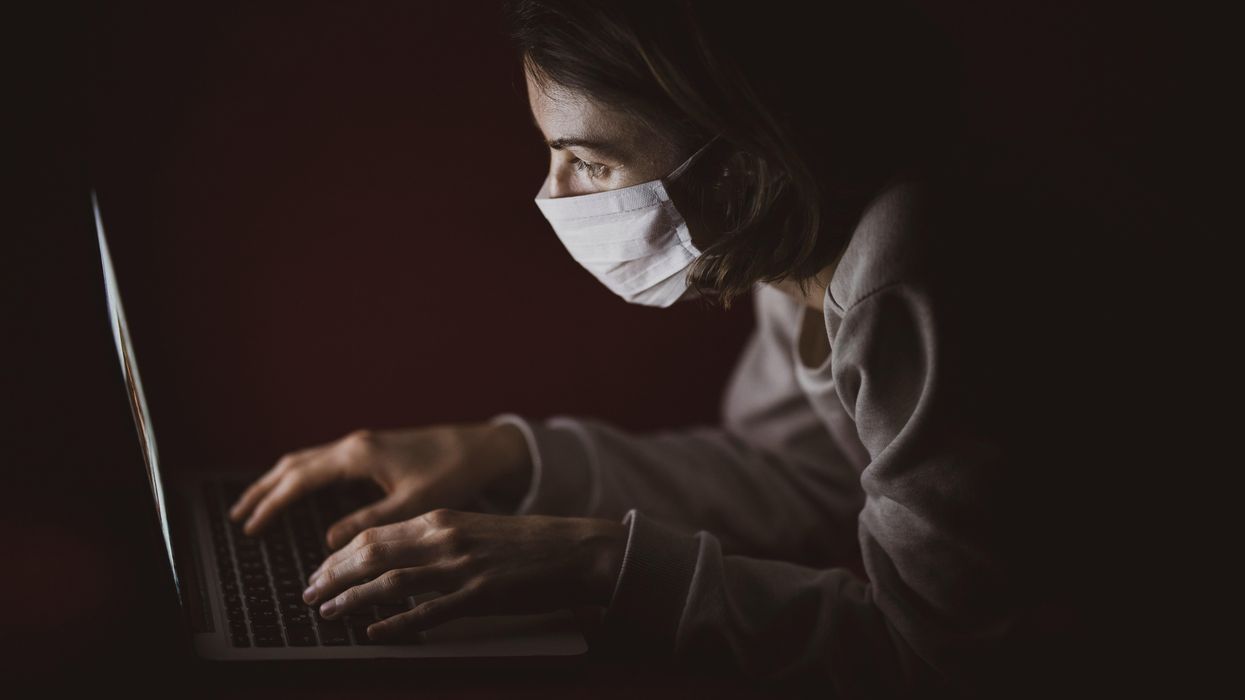Antisocial behavior has reached pandemic levels. Disruptive airline passengers are punching flight attendants. Thugs are attacking Asians, gays and other minority groups. Criminals have grown more brazen in bringing violence to the streets and into American politics as seen in the savage invasion of the Capitol on January 6.
Mental illness clearly underlies a lot of these disturbing trends, with the cracks widening during the COVID-19 scourge. The pandemic deprived many of community, personal interaction and, for those on the edge of psychic breakdown, the in-person mental health services they relied on or need.
America's system for supporting good mental health has never been strong to begin with. The 2008 Mental Health Parity and Addiction Equity Act did help expand coverage, but getting insurance to pay for treatment of serious psychiatric problems remains problematic.
And the need has risen. From March through October of last year, hospital emergency rooms saw a surge of patients seeking urgent mental care, according to JAMA Psychiatry. The numbers were far lower in the same months of 2019, right before the pandemic hit. The crises ranged from suicide attempts to drug and opioid overdoses to abuse of partners and children.
Last year, a third of American adults displayed symptoms of clinical anxiety or depression, according to the U.S. Census Bureau. That was up from 11 percent in previous years.
Many of the Capitol insurrectionists had a history of mental illness and related social dysfunction. We made fun of several.
Eric Munchel of Nashville, Tennessee, who brought restraints police use on hands, legs and arms to the Capitol, was dubbed the "zip-tie guy."
Actually, Munchel had been charged with assaulting a man and woman in 2013. Recently fired from his job at a bar, he entered the Capitol costumed in paramilitary gear, his mother at his side.
Sean McHugh of Auburn, California, who attacked Capitol police with chemical spray, had accused the officers of "protecting pedophiles." McHugh, it turns out, had done jail time for statutory rape of a 14-year-old girl.
It was thought at first that Rosanne Boyland had been crushed to death in the rush of stampeding vandals, but the medical examiner concluded that the Georgia resident died from an overdose of amphetamines. Boyland had a history of drug use, including a charge of felony drug possession. The pandemic cut off her in-person group meetings of addicts.
When you look at some of the creeps who had been attacking Asians, you find something more than the usual racial animus. The homeless man seen viciously stomping on a 65-year-old woman of Filipino origin in New York was on parole for having killed his mother in front of his five year-old sister.
Another homeless man with 90 prior arrests was charged with slashing a gay man. Both the criminal and the victim were Latino.
You see madness in the faces of airline passengers throwing tantrums over demands that they wear masks. Videos show the protesters, usually women, making noisy and self-righteous stands for their right to break the rules. No matter how normally these disrupters dress, they radiate the look of the unhinged.
The mission here isn't to solve the dearth of psychiatric services for those barely hanging on. Others can better do that. Rather, it's to note that fragile psyches often lie beneath the growth of appalling behavior. And a society in the grips of fraying social ties is going to suffer more of it.
We now have an evil mix of social isolation and extremist rhetoric that some use to confer an air of respectability to their delusions. The social services that keep the mentally unbalanced in check need to be strengthened — and soon.
Follow Froma Harrop on Twitter @FromaHarrop. She can be reached at fharrop@gmail.com. To find out more about Froma Harrop and read features by other Creators writers and cartoonists, visit the Creators webpage at www.creators.com










